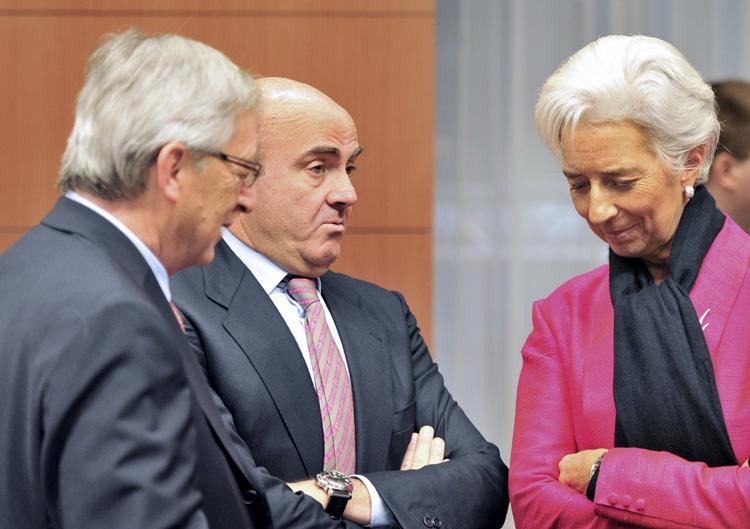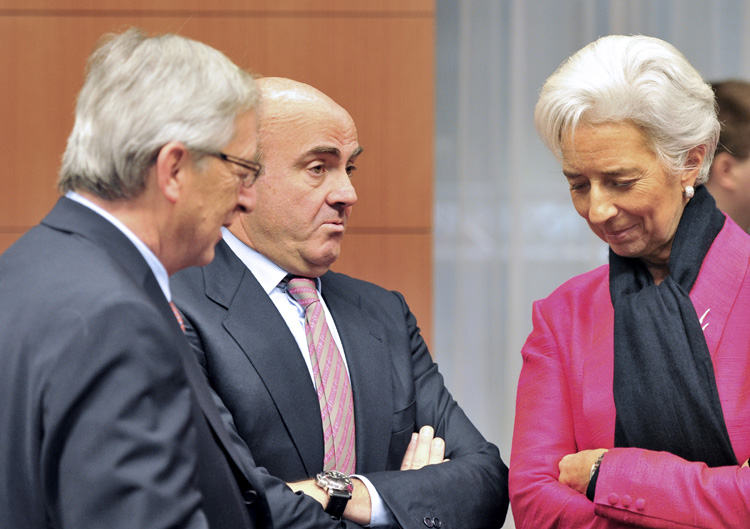Greece will make it through November without a default. That’s all we can say with certainty, however, as people around the world keep scratching their heads. They want to know why Europe just “doesn’t get it.”
There is one principal reason. Economic and political forces are pulling in different directions and they do so stronger in the European Union than elsewhere.
The late American economist Thomas Sowell summed up this dilemma, which is applicable everywhere, not just in Europe: “The first rule of economics is scarcity: everyone cannot have enough of everything that they want. The first rule of politics is to disregard the first rule of economics.”
Bad Policy Leads to Economic Problems
“There was this notion of one monetary policy fits all. I think it’s a completely absurd notion. And it was really at the center of [this policy], with countries at different stages of development that created a lot of the problems that we are living with now,” says Robert Sinche, a macroeconomic strategist with an extensive history in banking and investment management.
He and other panelists discussed the European Union crisis at an event co-hosted by the New School and the United Nations Association of the United States in New York on Nov. 12.
According to Sinche, this policy created an artificial environment of low interest rates for high-growth and high-risk countries, such as Ireland and Greece. Low rates led to excessive borrowing and investment in unproductive ventures, such as property in Ireland and Spain. “You borrow and you leverage and you continue to leverage, as long as your cost of levering is lower than your topline [GDP growth].”







